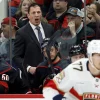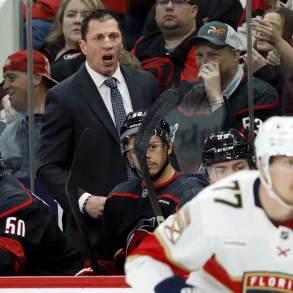The Pittsburgh Steelers have earned a playoff spot for the fourth time in five seasons, but their offensive issues raise serious concerns about their ability to make a deep postseason run. A 19–17 loss to the Cincinnati Bengals reveals a continuing problem: while the defense remains strong, the offense struggles to produce when it matters most. This inconsistency makes it difficult to see the Steelers as true contenders against top-tier teams in the playoffs.
The root of Pittsburgh’s offensive problems lies in their ongoing quarterback struggles. Over the past few seasons, the Steelers have rotated through multiple quarterbacks, including Kenny Pickett, Russell Wilson, Justin Fields, Mason Rudolph, and an aging Ben Roethlisberger. Despite moments of potential from each, none have been able to provide the consistency and performance needed to drive the offense forward. As a result, the team relies on its defense and head coach Mike Tomlin’s leadership to remain competitive during the regular season.

The Steelers’ loss to the Bengals exemplified these offensive shortcomings. Despite holding Cincinnati to just 19 points and creating an opportunity for a comeback with a turnover in favorable field position late in the game, the offense failed to capitalize. Russell Wilson struggled, throwing for only 148 yards and making poor decisions during the final drive. His inability to execute when the team needed him most underscored the offense’s lack of punch and precision in critical moments.
Since 2018, the Steelers’ passing game has been subpar, with their rankings consistently falling near the bottom of the league. In contrast, recent Super Bowl champions have boasted powerful passing attacks, which highlights Pittsburgh’s inability to keep pace with the league’s evolving offensive standards. This gap has made it harder for the Steelers to compete against the top teams, especially in playoff situations where offensive firepower often becomes a deciding factor.
The Steelers’ playoff aspirations are hindered by their ongoing struggles on offense. While their defense and coaching staff remain reliable, the lack of a high-performing quarterback and dynamic passing game severely limits their chances against better teams. Until Pittsburgh can improve its offensive output, especially at quarterback, their postseason hopes are likely to remain unfulfilled, as they continue to fall short in the most important games of the year.







